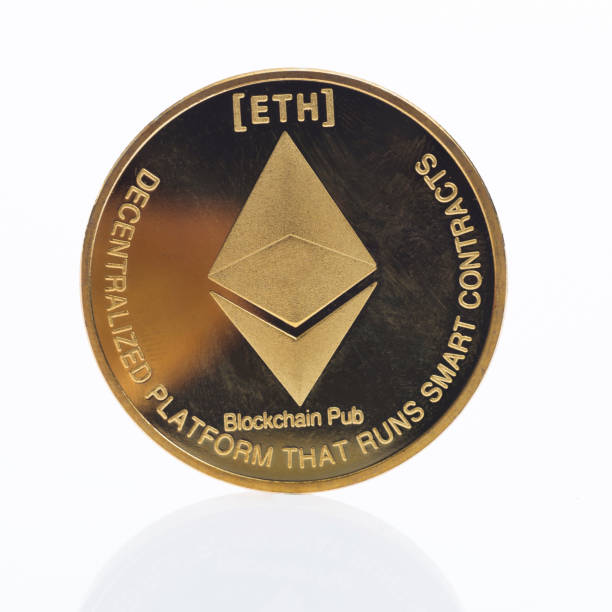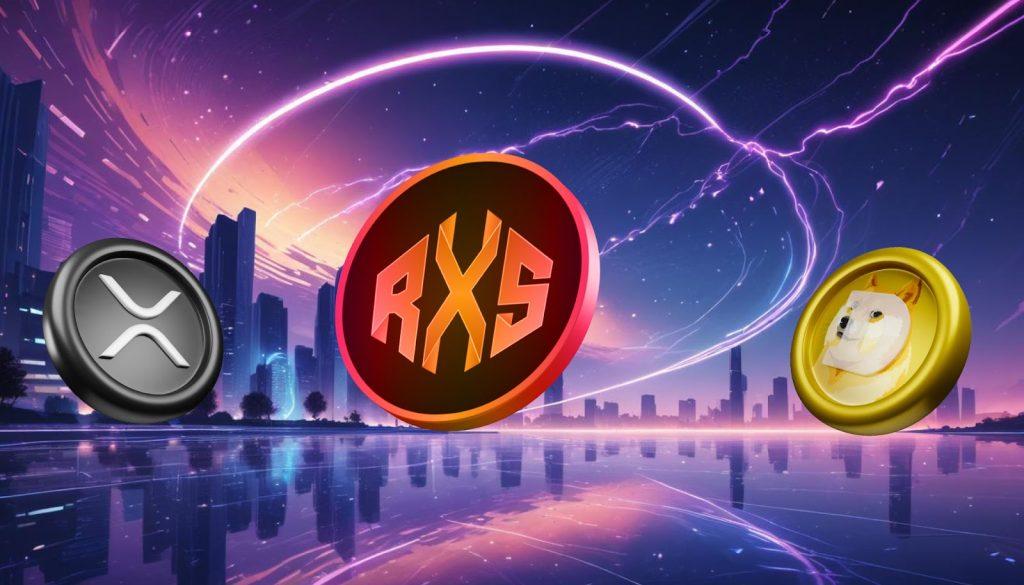A report by Civic Technologies examining Web3 adoption has emphasized the complexity of wallet-based authentication as a significant barrier for new users.
The State of Authentication and Identity in Web3 report noted that the rise of decentralized finance (DeFi) and decentralized applications (dApps) has triggered widespread excitement among non-digital asset users. However, many remained left out of the digital revolution.
A leader in the decentralized identity space, Civic Technologies stated in its latest report that the authentication methods employed by Web3 offerings are the first hurdle in adopting emerging technologies, with potential users often struggling to create non-custodial wallets while managing seed phrases and private keys.
“Non-crypto users struggle with wallet concepts, making onboarding difficult,” read the paper. “Complicated steps and seed phrases push users away from promising platforms before they even get started.”
Aware of the complexity issue, the report attempts to offer solutions for the Web3 ecosystem, which includes the mainstream use of hybrid logins that combine Web2 and Web3 to promote familiarity for prospective users through email onboarding.
To maintain a high level of security, Civic Technologies advocates for decentralized identifiers without relying on centralized players. Furthermore, applying non-transferrable tokens and integrating biometrics in the onboarding process will offer an additional layer of protection for Web3 users.
“As the need for secure, flexible, and user-friendly identity verification grows, MFA [multi-factor authentication] and biometric technologies are shaping the standards for the next generation of decentralized applications,” read the report, adding that certain tradeoffs exist in opting for a fully decentralized onboarding system or a hybrid approach.
Gaming platforms are anticipated to benefit from complete decentralization to combat the issue of bots and fake accounts.
Apart from the onboarding issue, Web3 adoption has to grapple with the problem of poor user interfaces that lack the same intuitiveness as Web2 offerings. Countries like the Philippines have taken key steps to smoothen the curve for enterprises keen on adopting the technology.
Several jurisdictions have also unveiled initiatives to train many of their citizens while others invest in infrastructure. Hong Kong’s Web3 task force is leading the charge in the Asian region as the broader ecosystem grapples with jarring security risks and steep gas fees.
US keeps up with IPv6 adoption
Amidst the global digital revolution, the economic powerhouse of the United States refuses to be left behind. One report reveals an increasing adoption of IPv6 metrics in the region, underscoring a nationwide commitment to adopting the latest version of the Internet Protocol.
More than 50% of traffic to Google services in the U.S. now relies on IPv6, representing a significant advancement for the country that gave rise to the modern Internet. Despite its deep ties to the Internet, the report says the U.S. lags in adopting innovative standards.
IPv6 is the newest version of the Internet Protocol, designed to address the shortcomings of IPv4. It offers significantly larger address space and advanced security standards without the requirement of manual configurations.
While other nations are moving toward phasing out IPv6, the pace of adoption has been largely underwhelming in the U.S. However, recent metrics in the last year indicate a changing tide in IPv6 adoption in the region.
Data from Google and Facebook corroborate the spike in IPv6 traffic in the U.S., reaching all-time highs of nearly 60%. A closer look at the metrics reveals that corporations are not the biggest drivers of IPv6 adoption in the U.S., rather, private Internet users are driving the surge.
Data reveals that IPv6 traffic is at its peak on weekends, suggesting higher usage by individuals in residential areas.
However, critics say Google’s figures are not a robust indicator of IPv6 adoption levels in the U.S. To determine adoption rates, a comprehensive statistic will involve data from Internet Service Providers (ISPs), cloud services, and content delivery networks.
Despite the metrics in the U.S., the region still ranks 17th for global IPv6 adoption. At the top of the pile is France with an 80% adoption rate while Germany and India occupy second and third place with 74.85% and 74.43%, respectively.
Malaysia takes fourth place with experts predicting the U.S. to leapfrog a raft of industry leaders. Currently, global adoption of IPv6 is below 50% but several countries including Nigeria are embracing the new standard.
IPv6 proponents say the new Internet version will improve the state of things for blockchain technology. The implementation of a heightened security standard will support Web3 immutability and transparency functionalities.
Apart from security, IPv6 is tailor-made for blockchain’s scalability requirements while its end-to-end connectivity augments its peer-to-peer nature. Experts say a broader integration between blockchain, artificial intelligence (AI), and the Internet of Things (IoT) technology will change the game for a decentralized Internet.
Watch | IPv6 & Blockchain: Pioneering the next digital revolution
















 English (US) ·
English (US) ·